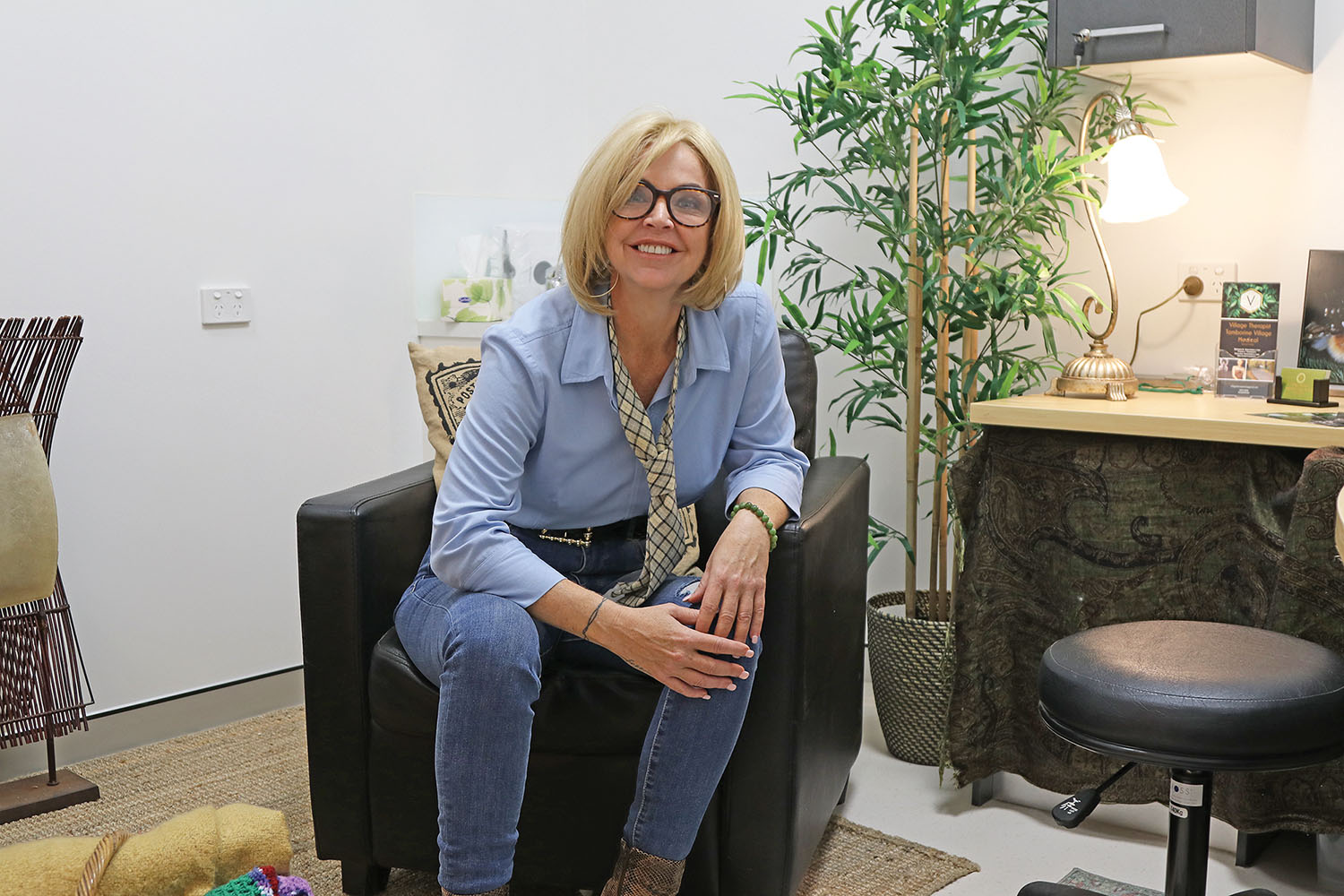… Living With Sadness
All of us will live with sadness. A being human fact. For some, it can be each and every day.
In the beginning, when the crisis or trauma is raw, a positive distraction can be healthy. It is not uncommon for Therapists to suggest a small attainable project to engage in in the early stages of grieving. Many of us will try our best to keep to routine. And many of us cannot. Distraction and keeping busy is a psychological trauma response.
We humans change over time and our coping mechanisms need to mirror that. What has potentially worked for you previously or for years, may not fit anymore, nor suit or treat the problem. Old and familiar coping patterns could potentially be a source keeping you ‘stuck.’ Exploring new ways to cope may have more value than regurgitating the same thoughts and feelings that continuously fatigue you, your mind and body.
Despair generally occurs when there is significant loss (of any form) and in grieving. Despair is also felt but not in isolation to; Depression, in illness and in ‘overwhelment’.
In enduring loss, you can lose your usual self too. It seems so understated to say, “this is to be expected.” We are not expected to be quite the same after trauma. And sometimes, trying hard to return to your ‘normal’ can be the cause of continued despair. Then, the notion of ‘recreating’ can also
contribute to your continued despair, especially when feeling exhausted. Exhaustion… first cousin to Despair.
Despair – emotional despair…the losing of yourself in the loss, to lose or be without hope, the fatigue, the brain fog and that every minute can be a thought relating to sadness. It can be relentless and brainwashing. And as our body listens and responds to our thoughts, it is unhealthy. This despair over time can begin to become quite psychologically complex.
We want the emotional pain to stop. When we graze our knee we can stick a bandaid on it. When we break a limb we can mend it in plaster. We can see, feel and fix the wounding and our brains can adjust and process this accordingly. You cannot see emotional pain. You feel it. Yes, ‘numb’ is also a feeling. And there is not one way ‘to fix’ emotional pain because everyone is
different based on their experiences. Therapeutic frameworks based in informed practice are designed to help the client work through the problem. Best case, emotional suffering can become manageable and often, curable.
Therapy. Therapy is treatment for emotional pain. Therapy, a comparative ‘plaster cast’ to help you, to feel safe in, to manage and heal.
Tell your GP or go see a Doctor for professional advice and referral. Most counselling practices welcome self-referral by contacting them directly.
Being human with you
Sandy
